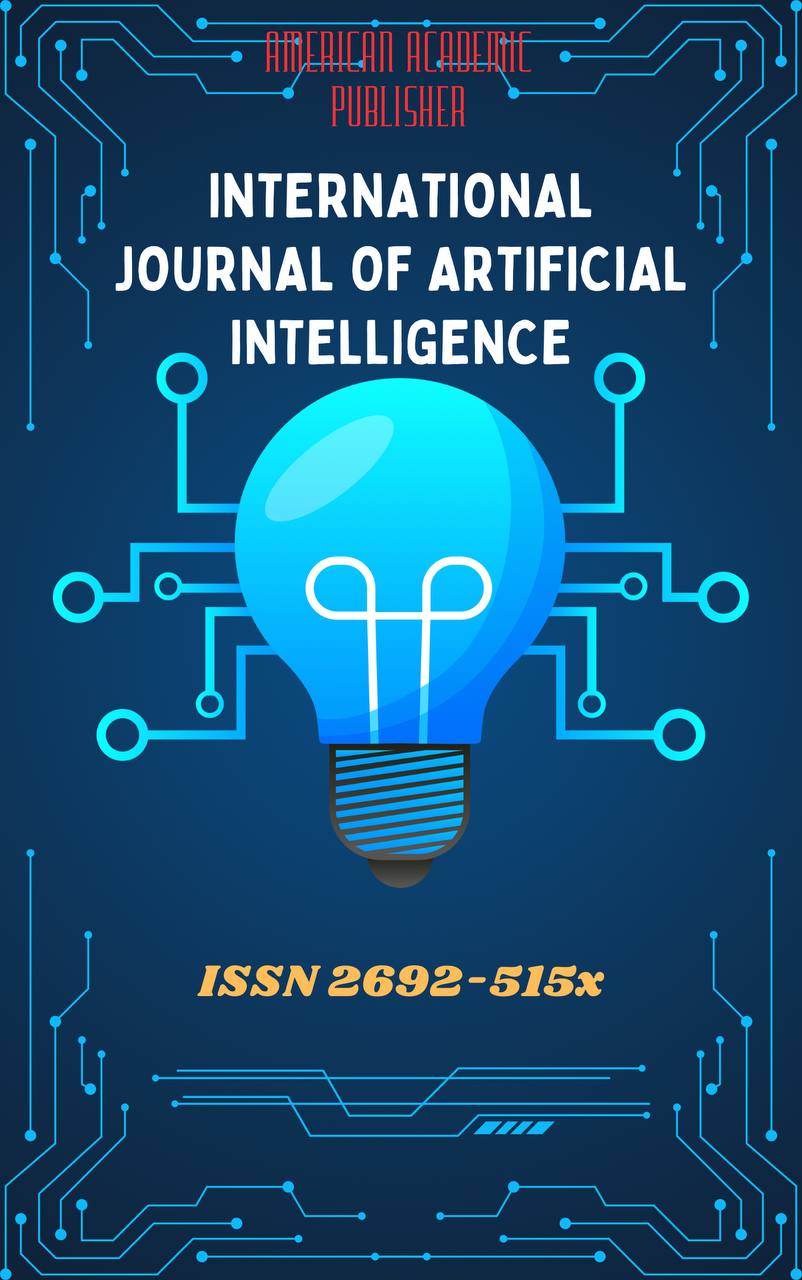 Articles
| Open Access |
Articles
| Open Access | WHEN AI ISN’T ENOUGH: THE UI/UX EXCEPTION IN AI-SUPPORTED LEARNING AT JAPAN DIGITAL UNIVERSITY
Boboyev Lochinbek Boymurotovich,Ziyodullayev Amirbek Akmalovich , Japan Digital UniversityAbstract
Artificial Intelligence (AI) has revolutionized educational methodologies by providing adaptive learning environments that enhance student performance in technical disciplines. At Japan Digital University (JDU), a phased integration of AI tools was implemented across the IT curriculum, including courses in programming, data management, and project planning. The results demonstrated consistent academic improvement across AI-supported subjects. However, the User Interface and User Experience (UI/UX) Design course remained an exception, being taught without AI involvement. This study analyzes academic outcomes, student engagement, and cognitive-emotional responses in both AI-integrated and traditional learning contexts. Findings suggest that while AI optimizes structured learning, it falls short in creative, subjective domains like UI/UX, where empathy, aesthetic judgment, and human-centered thinking are paramount. The research concludes that educational institutions must adopt a balanced, discipline-sensitive approach to AI integration to preserve essential human elements in learning.
Keywords
Artificial Intelligence, UI/UX Design, Creative Education, Adaptive Learning, Student Performance, Japan Digital University, Human-Centered Learning, Educational Technology, Cognitive Engagement, Pedagogical Strategy
References
Roll, I., & Wylie, R. (2016). Evolution and revolution in artificial intelligence in education. International Journal of Artificial Intelligence in Education, 26(2), 582–599. https://link.springer.com/article/10.1007/s40593-016-0110-3
Zhang, J., & Zheng, Y. (2020). Challenges and opportunities of AI for creative thinking in education. Educational Technology Research and Development, 68(2), 857–860. https://link.springer.com/article/10.1007/s11423-020-09779-0
Nguyen, H. N., Dang, T., & Nguyen, V. T. (2020). Interface Design for HCI Classroom: From Learners' Perspective. arXiv. https://arxiv.org/abs/2010.01651
Chen, W., Yu, H., & Chang, C. (2021). Adaptive learning platforms: Impacts on retention and performance in STEM. Frontiers in Education, 6, 702178. https://www.frontiersin.org/articles/10.3389/feduc.2021.702178/full
Anantrasirichai, N., & Bull, D. (2020). Artificial intelligence in the creative industries: A review. arXiv. https://arxiv.org/abs/2007.12391
Ziyadullaev, A. (2025). The application of artificial intelligence in education: A case study at Japan Digital University https://global-science-review.com/ojs/index.php/gsr/article/view/1928
Article Statistics
Downloads
Copyright License

This work is licensed under a Creative Commons Attribution 4.0 International License.
